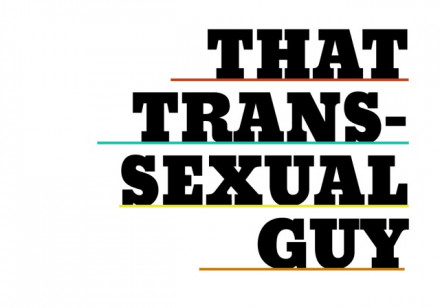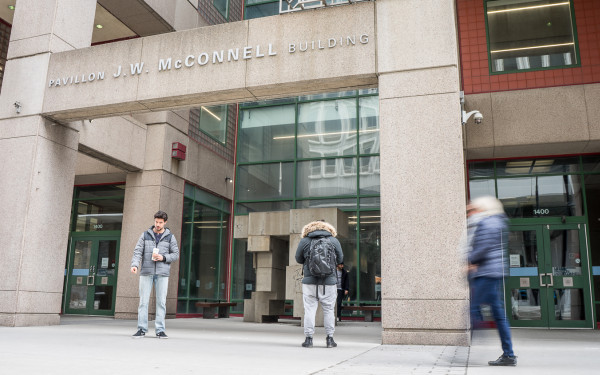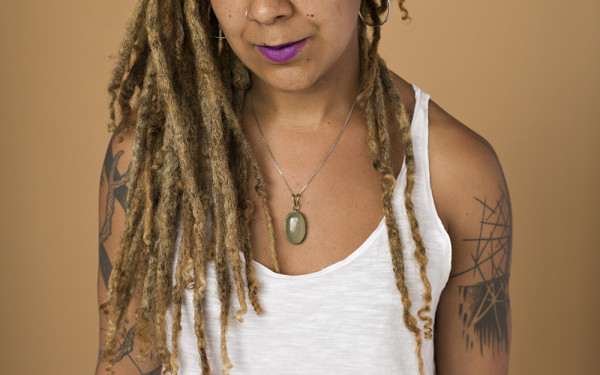Thoughts About Imogen Binnie’s Nevada
Imogen Binnie’s first novel Nevada is the snarkiest story I’ve ever read about being a transsexual. Considering that a lot of trans people often develop snark and sarcasm as defense mechanisms against ignorance, that’s saying something. It’s refreshing to read about Maria, an unhappy punk and bookstore clerk, rail against being treated as “A Very Special Episode of Oprah.”
She writes a blog in her spare time and has lots of witty remarks to make about transitioning. However, I find that later in the book, the character’s spark gets bogged down by jargon-filled rants.
Some of the rants are really well-written and interesting insights into Maria. Others are wearying, although that may just be because Binnie is preaching to the choir (that is, readers who are also trans). The person she is ranting to isn’t all that impressed with her eloquence, and it made me wonder what Binnie was trying to achieve with two characters who don’t get along. My theory is that both characters needed a bop on the head to realize, “Hey, I can decide my own identity!”
This book takes no prisoners: either you totally get what Maria is talking about, because you’re trans or you’re really well-informed, or you don’t and you learn about how tired Maria is with educating cisgender people about transsexuality all the time.
Having emotionally shut herself down in order to survive high school as a closeted trans person, the book is rather slow on character development. It certainly happens, but it takes a while—Maria needs to break her own ice.
I became irritated after a while, but eventually Maria takes a soul-searching road trip; her girlfriend reports that Maria has stolen her car every year for the past three years to do this. I was cheering Maria on when she eventually meets someone who helps her come to a few self-realizations.
I can’t decide if I like this book or not. I definitely enjoyed it, but there is only so much bitterness I can stand before I need to put the book down and go pet my dog. It’s a matter of personal taste, I think, because I know several people who would definitely devour every word of Maria’s crankiness.
The book doesn’t have a happy ending—there is no driving off into the sunset. It’s great, because you know that Maria and the other loveable weirdos in her life are still going about their business, snarking on ignorant cisgender people and living their lives. It’s not even what I’d call a hopeful ending. My impression is that Binnie is leaving it all up to the reader’s imagination.
I do have to say, though: I am really pleased that cranky books with transsexual characters exist. Maria voices a lot of grumpy remarks that I wish I had the guts to make to invasive questions from curious cisgender people.
Also, thanks to Topside Press for sending me this book! Y’all are lovely.







